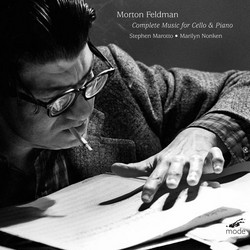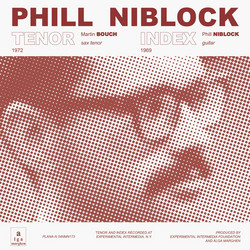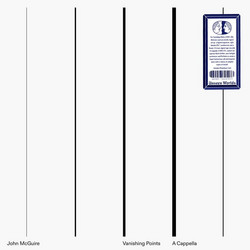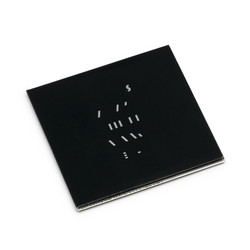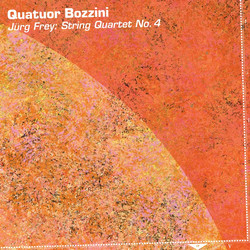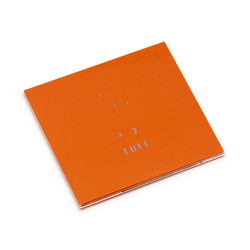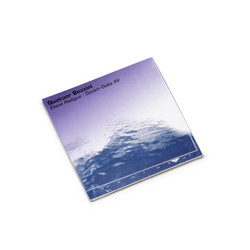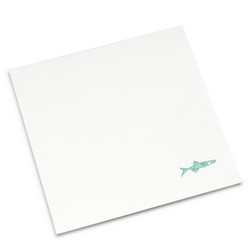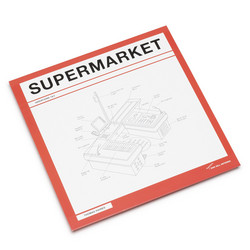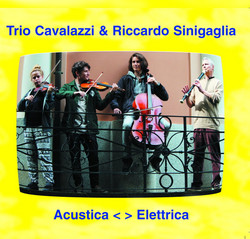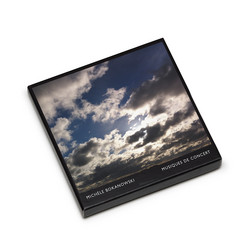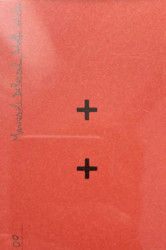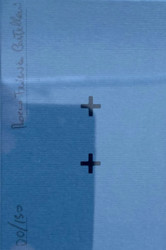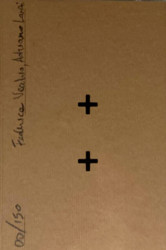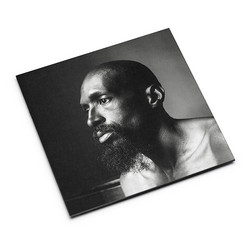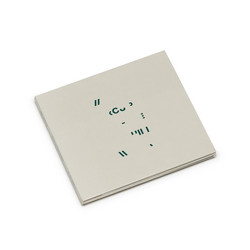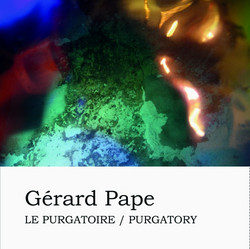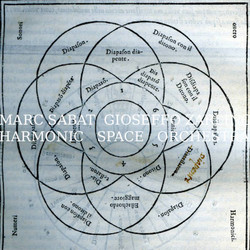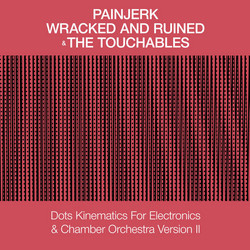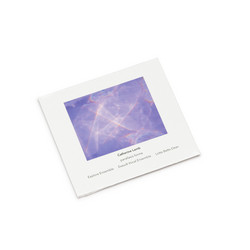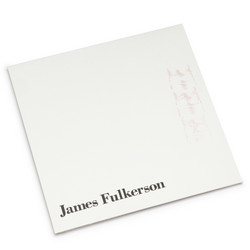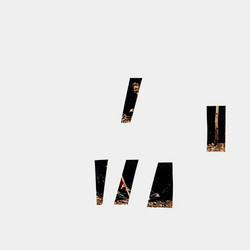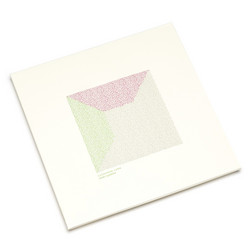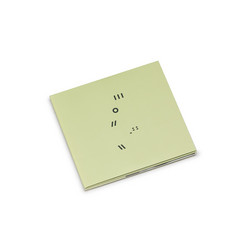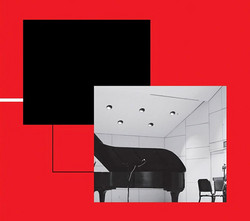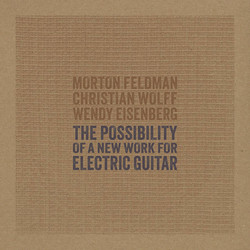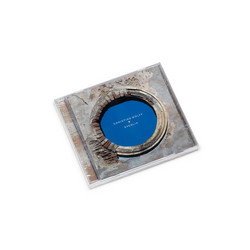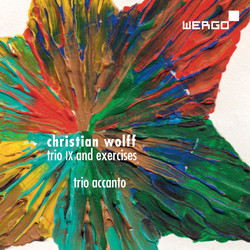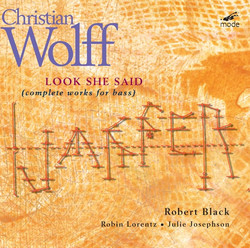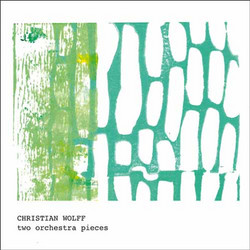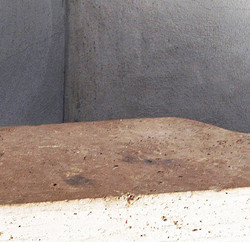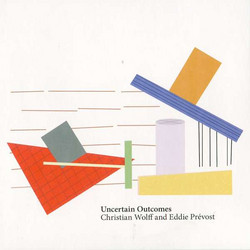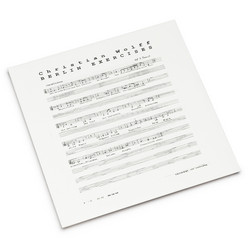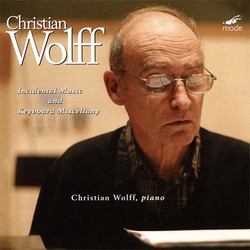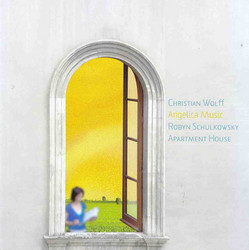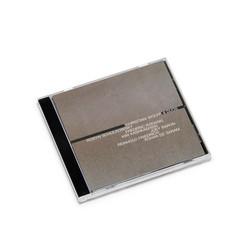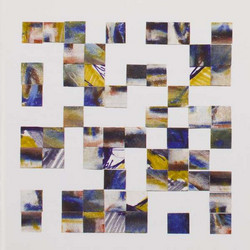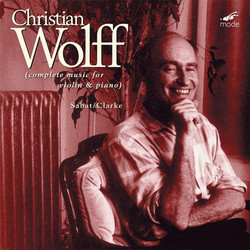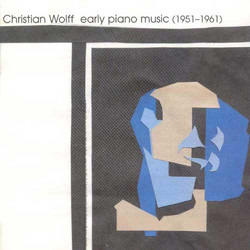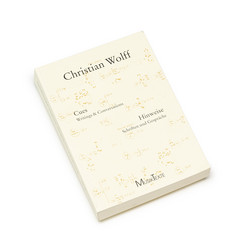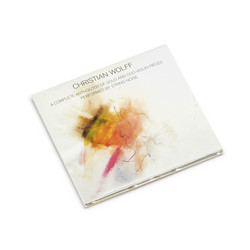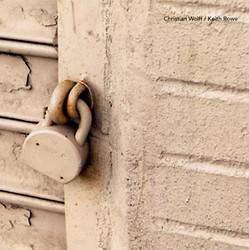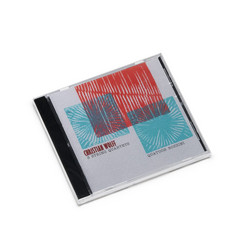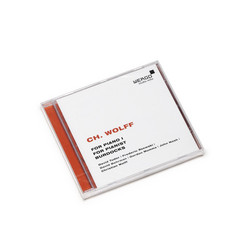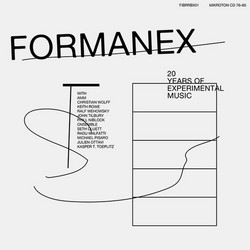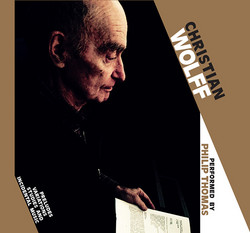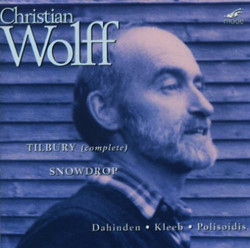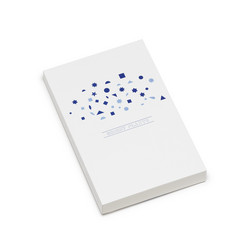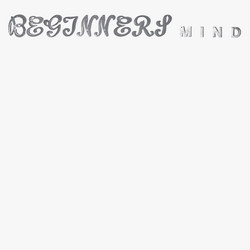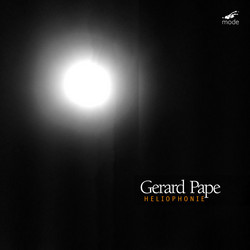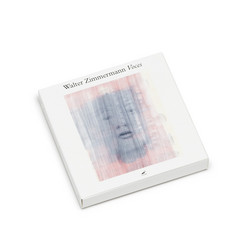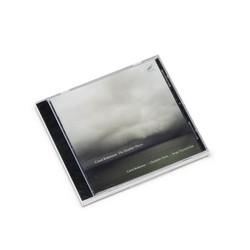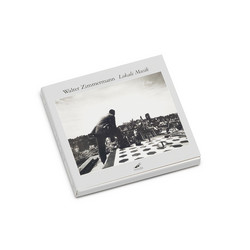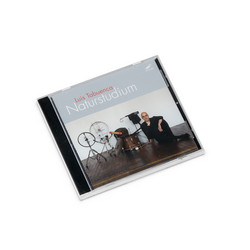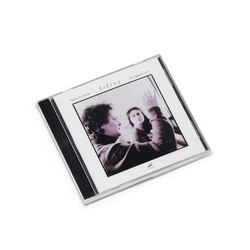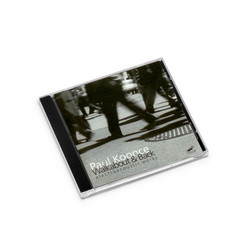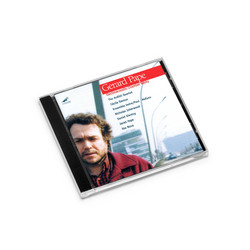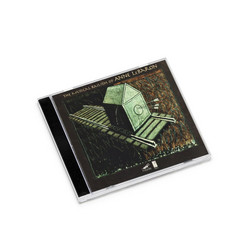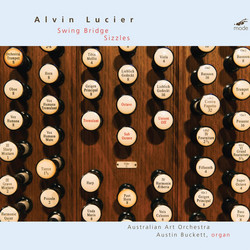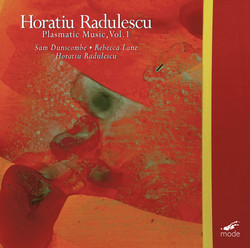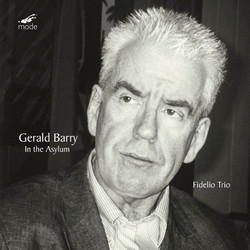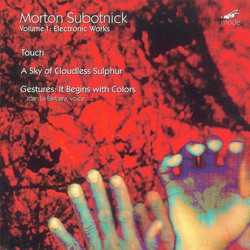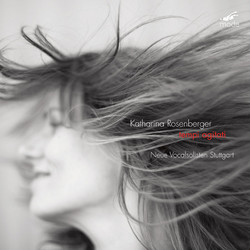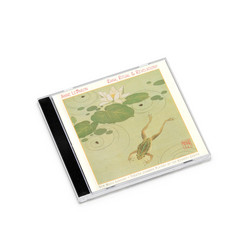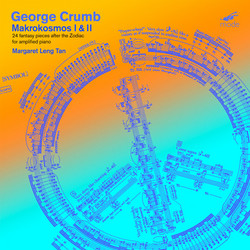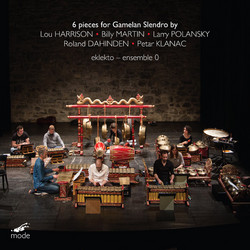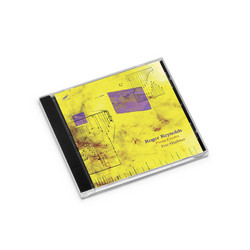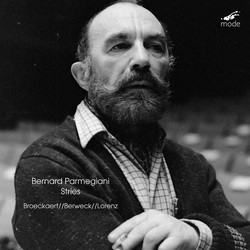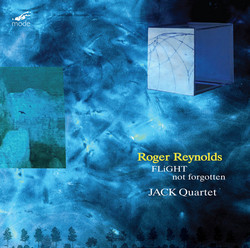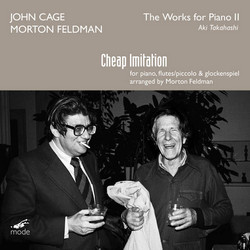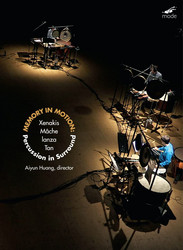*2022 stock* 'A true Leninist would argue that art in a smoothly running socialist state would become redundant and disappear, though while waiting for such a perfect society to come about, we have an idea of what socialist literature, painting, sculpture and cinema are like. But what does socialist music sound like? Luigi Nono? Eisler? Robert Wyatt? The Ex? Well, all four. and you may add Christian Wolff to the list. Like fellow experimental composers Cornelius Cardew and Frederic Rzewski, Wolff eventually decided to dedicate his art to bringing about precisely those social changes that post-1989 mobile phone culture has tried to have us believe are not necessary. However, while Cardew’s vision of free music with AMM gradually gave way to banal workers’ songs, and Rzewski ended up opting for the Romantic–and necessarily bourgeois–grand variation cycle for “The People United Will Never Be Defeated”, Wolff (born 1934) has been quietly working away at his own form of social struggle, evolving a musical language somewhere between Wolpe, Eisler and Copland. Wolpe and Eisler perhaps not surprisingly-the former was the adopted elder statesman of the New York School (Wolff has inherited his fondness for tight, cellular motives), while the latter was the perfect committed socialist composer, duly churning out reams of plodding grey music, athletic All-Bran for the masses.
Wolff has unfortunately picked up a bit of East German roughage too, though with Copland’s ear for clean line and uncluttered texture, this music is a bracing walk through the New England countryside rather than a grueling sprint round an indoor track in some drab East German town. Quite what the masses would make of it is open to question–instead of taking his music to them and risking the blank incomprehension that met Luigi Nono when he took “La Fabrica Illuminata” to workers in an Italian car factory, Wolff has hidden himself away teaching that most erudite of subjects, classics, presumably devoting himself to composition in his spare time. Ultimately, whether this music works or not politically depends on your particular inclination–what is clear is that any disc of new work by this woefully under-recorded composer is most welcome, and minor quibbles such as Judith van Swaay’s funky English accent in the title track and the Barton Workshop’s rather dry, boxed-in acoustic don’t matter too much. Let’s hope Mode continue their rediscovery of Wolff’s music. Dare we hope for some Cardew soon too?' — Dan Warburton

